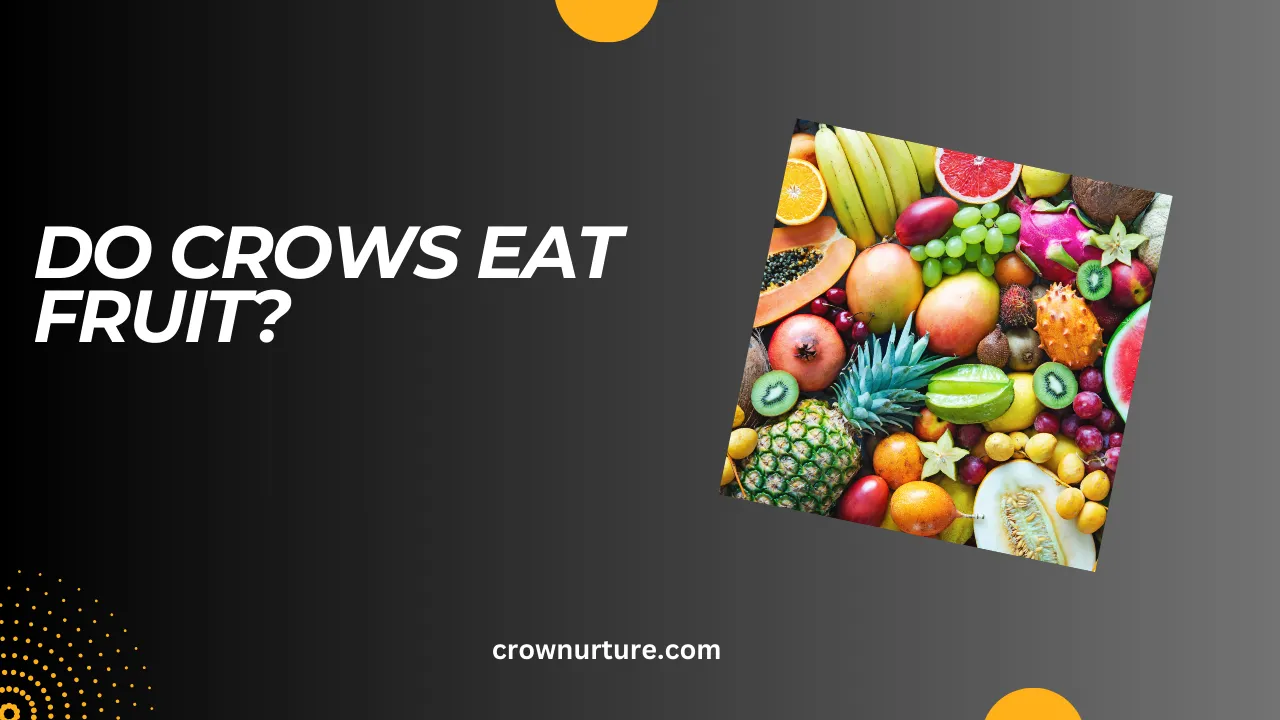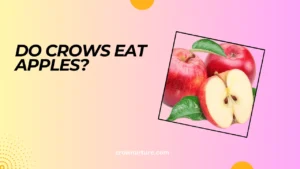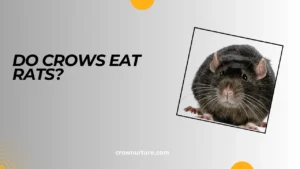Crows are some of the most intelligent and adaptable birds in the world, often admired for their problem-solving skills and resilience. But have you ever wondered what’s on a crow’s menu?
These omnivorous birds are known for eating a wide range of foods, from insects to leftovers in your trash can. Yet, one of their lesser-known dietary choices is fruit, which plays a fascinating role in their nutrition and behavior.
The question of whether crows eat fruit isn’t just about understanding their eating habits; it’s about delving into their role in ecosystems and their interactions with humans.
Whether it’s wild berries or cultivated crops, fruits are a vital part of a crow’s diet, offering nutrients, hydration, and even opportunities for seed dispersal.
In this article, we’ll explore the types of fruits crows consume, the nutritional benefits they gain, their ecological role, and the challenges they pose for farmers and gardeners.
By the end, you’ll have a deeper appreciation for these clever birds and their surprisingly versatile relationship with fruit.
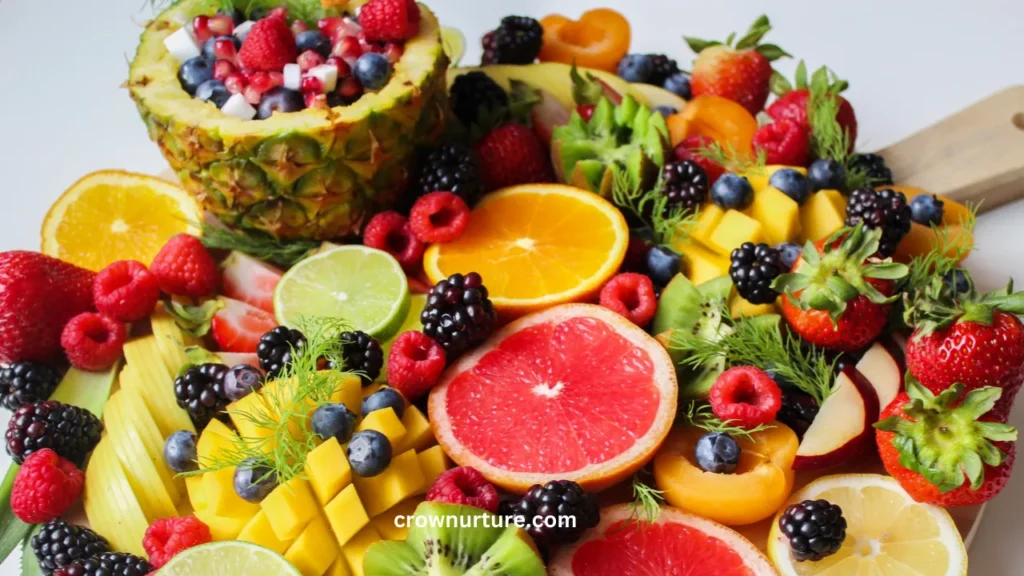
Contents
1. Crows as Omnivores
- Dietary Flexibility:
Crows are opportunistic feeders, meaning they eat whatever is available. This adaptability allows them to thrive in diverse environments. - Beyond Meat:
While crows are often associated with carrion and small prey, they also consume a significant amount of plant matter, including fruits, seeds, and grains.
2. Fruits in the Crow Diet
- Types of Fruits:
Crows enjoy a wide variety of fruits, including berries (cherries, blueberries, mulberries), apples, grapes, and even crops like melons and corn. - Seasonal Variation:
The availability of fruits changes with the seasons, so crows adjust their diet accordingly, consuming more fruit during harvest times. - Regional Differences:
Depending on their location, crows may feed on local fruits, such as tropical mangos or temperate apples, demonstrating their dietary adaptability.
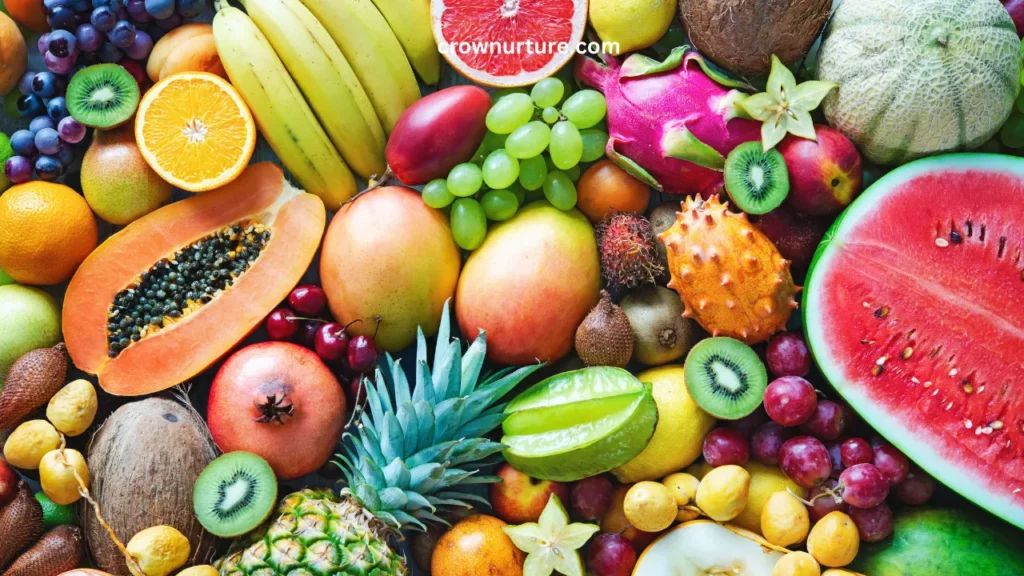
3. Role of Fruit in Crow Nutrition
- Energy Source:
Fruits provide crows with quick energy through natural sugars, which is especially important during breeding and migration seasons. - Vitamins and Minerals:
Fruits are a rich source of vitamins, such as vitamin C, and other nutrients that support the health and vitality of crows. - Hydration:
Many fruits contain water, helping crows stay hydrated during hot or dry conditions, especially when water sources are scarce.
4. Seed Dispersal and Ecological Role
- Seed Dispersal:
Crows help plants spread by excreting seeds in new areas after eating fruits, aiding in forest regeneration and plant reproduction. - Impact on Plant Populations:
By dispersing seeds, crows influence the distribution and abundance of plant species, contributing to ecosystem health and biodiversity. - Ecological Significance:
Their role as seed dispersers makes crows valuable participants in maintaining healthy ecosystems, even as they forage for themselves.
5. Potential Conflicts with Humans
- Crop Damage:
Crows can cause significant damage to fruit crops, especially in agricultural areas where they target orchards and farms. - Human-Wildlife Conflict:
Their fondness for cultivated fruits can lead to conflicts with farmers and gardeners, who may see them as pests. - Mitigation Strategies:
Solutions like bird netting, scare tactics, and habitat adjustments can help reduce conflicts while allowing humans and crows to coexist.
Conclusion
Crows are opportunistic feeders with a diverse diet that includes fruits, which provide them with essential nutrients, hydration, and energy. From wild berries to cultivated crops, fruits not only sustain crows but also enable them to play an important role in seed dispersal and ecosystem health.
While their fruit-eating habits can sometimes lead to conflicts with humans, it’s crucial to remember their ecological contributions. By implementing strategies to minimize crop damage, we can promote a balance between protecting human interests and preserving these intelligent birds.
Ultimately, crows remind us of the beauty and complexity of nature. Their ability to thrive in diverse environments is a testament to their adaptability and the interconnectedness of ecosystems. Let’s find ways to coexist with these fascinating creatures and appreciate their unique role in the natural world.
FAQs
1. Do crows eat fruit regularly?
Yes, crows often eat fruits, especially when they are abundant and easily accessible in their environment.
2. What fruits do crows like the most?
Crows enjoy fruits such as berries, apples, grapes, cherries, and even cultivated fruits like melons and corn.
3. Are fruits important for crow nutrition?
Absolutely. Fruits provide natural sugars, vitamins, and hydration, making them an essential part of a crow’s diet.
4. Do crows only eat ripe fruit?
Crows prefer ripe fruits but may also eat overripe or partially decayed fruits, as they are not picky eaters.
5. How do crows affect fruit crops?
Crows can cause significant damage to fruit crops by eating the produce, leading to conflicts with farmers.
6. Do crows help plants by eating fruit?
Yes, crows contribute to seed dispersal, helping plants reproduce and spread to new areas.

